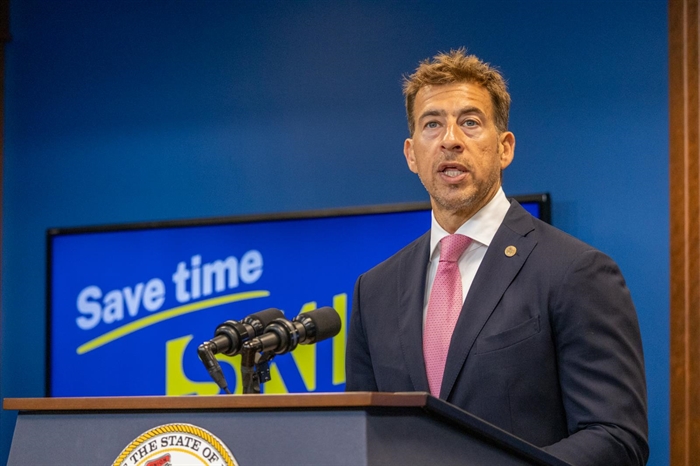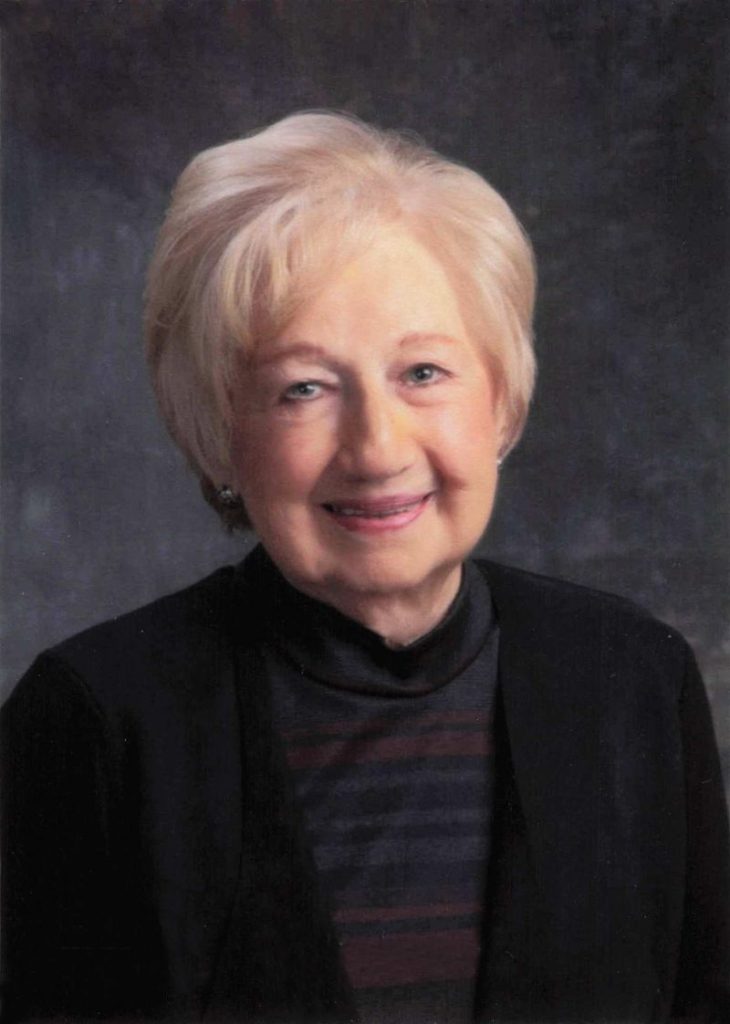Secretary of State testifies to U.S. Senate panel about Illinois’ recent effort to prohibit book bans

Illinois Secretary of State Alexi Giannoulias was in Washington, D.C. this week to testify before the U.S. Senate Judiciary Committee regarding a new state law aimed at deterring book bans.
Giannoulias, whose position also includes the title of “state librarian,” this spring championed legislation allowing his office to withhold state money from public libraries if they ban books. On Tuesday, he told the Senate panel that public libraries have become “thunderdomes of controversy and strife” across the country.
“We want our schools and libraries to be open and welcoming settings for education, not cultural battlefields,” he said during his testimony. “This legislation aims to unify our communities and seeks to restore a right that some of us may have grown to take for granted – the freedom to think for ourselves.”
Giannoulias said he hoped other states would “look toward Illinois” to adopt similar legislation to “protect the right to read freely and without fear of retribution.”
Sen. Dick Durbin, D-IL, convened the hearing dubbed “Book Bans: How Censorship Limits Liberty and Literature.” It was in reference to a report from the American Library Association which calculated there were more than 1,200 demands to censor books and other library materials last year – nearly double the number of similar requests in 2021.
While no specific legislation was considered in the hearing, much of the discussion centered around who should decide the content that is available in public libraries – including school libraries – across the country.
The current wave of agitating for book bans has grown with the so-called “parents’ rights movement” in the wake of the COVID-19 pandemic. Anger about school shutdowns in the early months of COVID, which evolved into anger about mandatory masking and optional virtual learning when schools reopened, coalesced with discomfort around the growing popularity of curriculums that emphasized diversity, equity and inclusion.
School board meetings and libraries have become the targets of parents’ rights activists. Groups have demanded books be removed from classrooms and library shelves based on content discussing race, history, gender identity and sexuality. Several public libraries in the Chicago suburbs have also received bomb threats in recent weeks, according to reporting by the Chicago Sun-Times.
Emily Knox, a professor who researches intellectual freedom and censorship at the University of Illinois at Urbana-Champaign, also testified before the Senate committee. She said her focus on book bans began as the child of a librarian in Maryland, where she remembered being confused when her favorite author – Judy Blume – showed up on a list during “Banned Books Week” each year.
Knox told the panel that as a young person, reading about people who were like her helped her navigate her world. She pointed to an analogy from Rudine Sims Bishop, a retired Ohio State University professor known as the mother of multicultural children’s literature, likening books to windows, mirrors, or sliding glass doors.
“A book can help us understand each other better by helping to change our attitude towards difference,” Knox said. “What we see right now is that people are fixated on the idea that books are only mirrors and sliding glass doors. They only reflect something true about the reader themselves, or the reader’s world or they invite the reader to mimic an identity or action they read about a book. It’s important to remember that books are also windows: They give us access to other people’s lives.”
Though movements to ban certain books are nothing new, the last few years have seen the rise of sophisticated organizing and even professional non-profits that target public schools and libraries for their curriculums and materials available to children. In early 2021, U of I alum Nicole Neilly founded one such organization, Parents Defending Education, which has grown to 13 staff members in less than three years.
Neily told the Senate panel that she wasn’t advocating for censorship, but rather allowing parents and community members to have a say in what their children are exposed to.
“The book issue is a curation issue,” she said. “It should be obvious that a book that is part of a lesson plan in a second-grade classroom is more concerning than a book that can be voluntarily checked out from a public library and also that sensitive topics read to children at very young ages is more concerning than high schoolers learning about the human body and health class.”
Comments from Sen. Lindsey Graham, R-SC, demonstrated the divide between political parties on the issue.
“If I don’t have any kids. Should I shut up? I pay taxes. When you have a public library and you have a board, somebody decides what books go in and what not to go in. Lend your voice to the cause. It’s okay to speak out for your community,” Graham said shortly before leaving the hearing.
In his testimony, Giannoulias pointed out he has children of his own, and believes he holds the responsibility to decide what they are exposed to and when. But he says the point of this year’s legislation was to give parents and readers a choice.
“You don’t have to burn books to destroy culture. Just get people to stop reading them. And that’s where the real danger lies,” he said. “Parents, parents and only parents have the right and the responsibility to monitor the access of their children and only their children to library resources.”
Illinois’ law specifically states that as a condition for being eligible for state grants, libraries must adopt either the American Library Association’s Library Bill of Rights or some other written statement prohibiting the practice of banning books.
Giannoulias said previously it does not require that libraries have certain books on their shelves, but rather it aims to prevent the removal of books based on partisan or doctrinal beliefs.
Durbin praised Giannoulias for his efforts in Illinois.
“We need to work together as a country to try to create clear standards for access to books so that no one individual can cause a book to be banned for an entire community,” Durbin said. “I’m proud of my home-state Secretary Giannoulias for leading the effort to push back against book bans. I hope other states will follow your example. Libraries and the treasured books within them are just too important to allow this rise and censorship to continue any longer.”
Miss Clipping Out Stories to Save for Later?
Click the Purchase Story button below to order a print of this story. We will print it for you on matte photo paper to keep forever.

